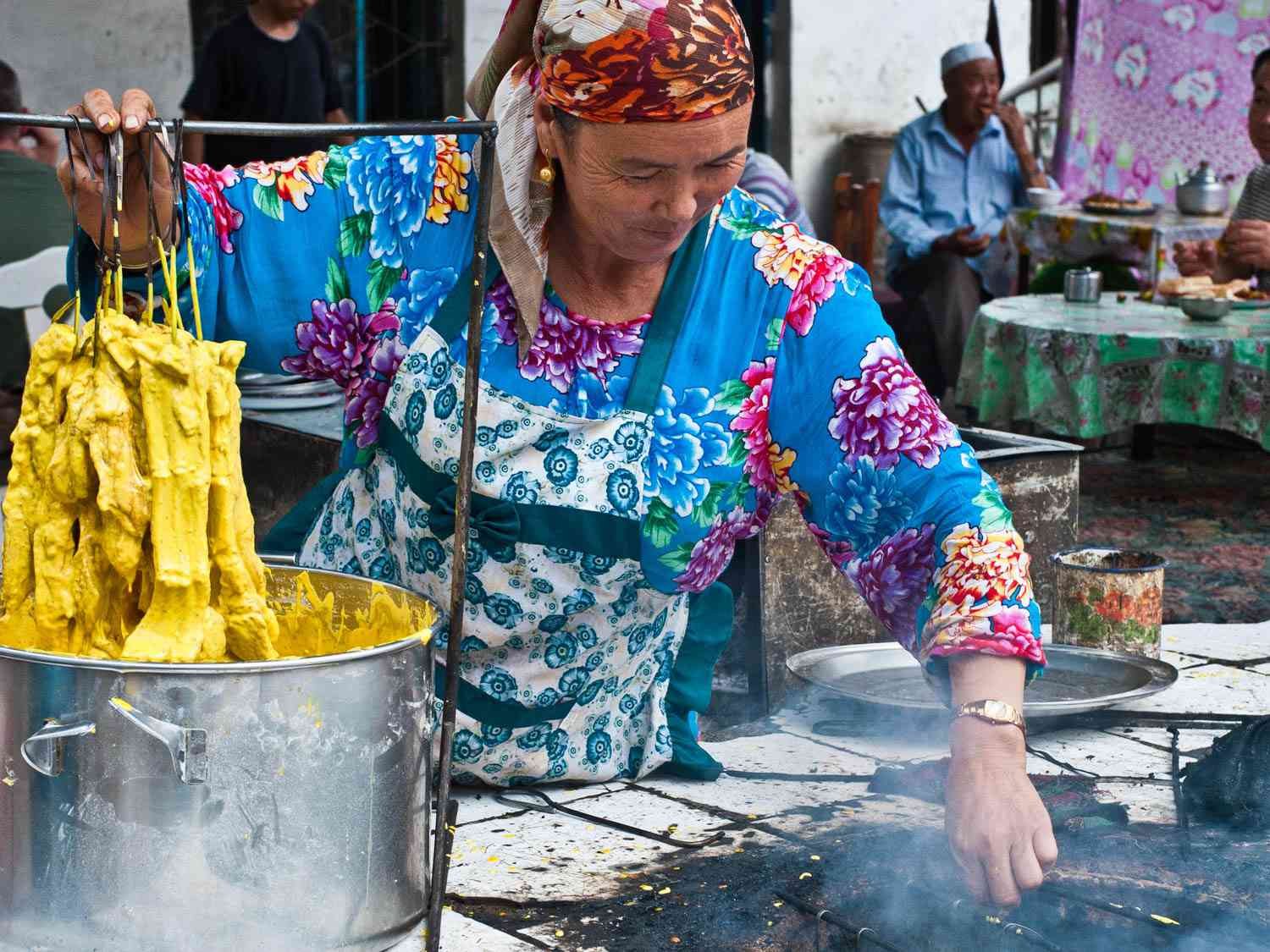Xinjiang Uyghur
WELCOME TO Xinjiang Uyghur
Province Overview
Urumqi
1,660,000 km2
25.85 million
Chinese

Popular
Geography and Tourist Attractions
Information about the province's tourist attractions, including popular destinations, events, and activities.

Tianshan Mountains

Gobi Desert

Kashgar Old City
Political
Economy and Government
Xinjiang Uyghur Autonomous Region in China has a diverse economy and a unique system of governance. The region is rich in natural resources and plays a significant role in China's economy.
Xinjiang's economy is primarily based on industries such as agriculture, oil and gas, coal, textiles, and tourism. The region is known for its cotton production, with Xinjiang being one of the largest cotton-growing areas in China. It also has significant reserves of coal, natural gas, and oil, which contribute to energy production and industrial development.
The Chinese government has implemented policies to boost economic development in Xinjiang, including investment in infrastructure, industrial parks, and the promotion of cross-border trade. The Belt and Road Initiative, a global infrastructure and economic development project, has further enhanced the region's connectivity and trade opportunities.
The government also focuses on poverty alleviation programs, job creation, and vocational training to improve the standard of living for the local population. Efforts are made to support the development of agriculture, promote tourism, and attract investment in various sectors.
Given Xinjiang's unique cultural and political situation, the government places emphasis on maintaining social stability and national security. Measures are implemented to strengthen governance, border security, and ethnic unity while ensuring economic progress.
It's important to note that Xinjiang has faced international scrutiny regarding human rights issues, and the Chinese government has taken steps to address concerns and present its perspective on the matter.
Overall, the economy and government of Xinjiang Uyghur Autonomous Region reflect a complex interplay of economic development, social stability, and regional dynamics within the framework of Chinese governance.

History
History and Culture
Xinjiang Uyghur Autonomous Region in China has a rich and diverse history and culture that reflects its unique position as a crossroads of different civilizations. The region has been inhabited for thousands of years, with a history that encompasses various dynasties, empires, and cultural influences.
Xinjiang's history is characterized by the blending of Central Asian, Persian, and Chinese influences, resulting in a distinct cultural tapestry. The region has been a melting pot of different ethnic groups, including the Uyghurs, Kazakhs, Tajiks, Hui Muslims, and Han Chinese, each contributing to the vibrant cultural mosaic.
The region's cultural heritage is reflected in its architecture, arts, music, and cuisine. The ancient Silk Road, which passed through Xinjiang, brought trade and cultural exchange, leaving behind a legacy of historical sites, such as the ruins of Jiaohe and Gaochang cities.
The Uyghur people, who are the largest ethnic group in Xinjiang, have their own language, literature, and artistic traditions. Uyghur music and dance, with their lively rhythms and vibrant costumes, showcase the region's unique cultural expressions.
Islamic culture has also played a significant role in Xinjiang, with numerous mosques and Islamic architectural styles adorning the cities and towns. The Id Kah Mosque in Kashgar and the Abakh Khoja Mausoleum are notable examples of Islamic architecture in the region.
Xinjiang's history and culture are a testament to the region's diversity, historical significance, and the intermingling of different traditions and civilizations. The preservation and celebration of this rich heritage contribute to the cultural identity of Xinjiang and foster a sense of pride among its inhabitants.
HOTELS

InterContinental Urumqi

Sheraton Urumqi Hotel

Silk Road Lodges
RESTAURANTS

Turpan Uyghur Restaurant

Urumqi International Grand Bazaar

